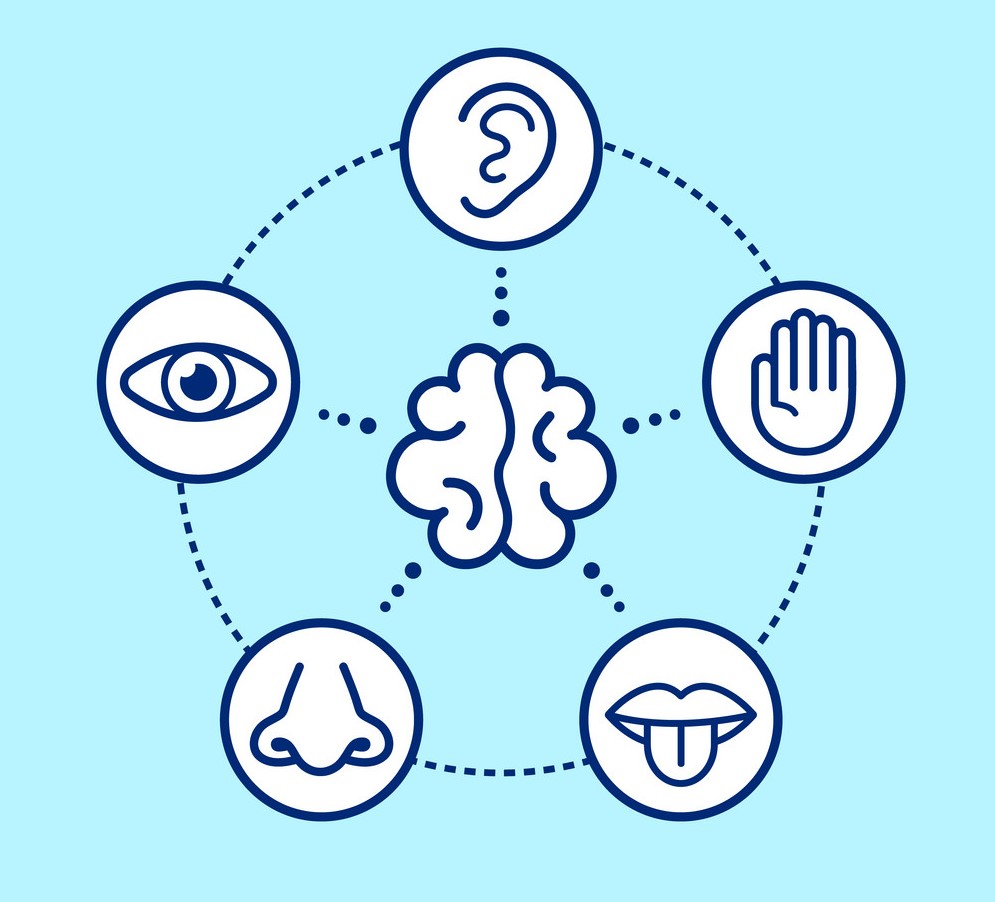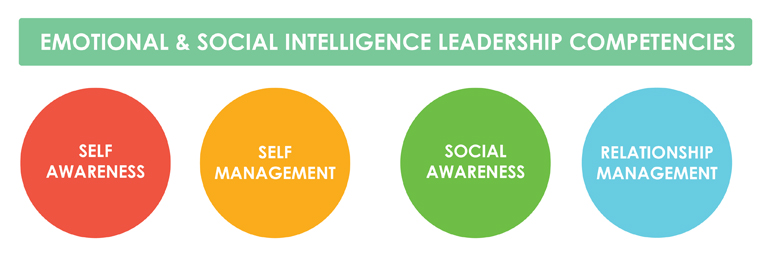
Social intelligence is the key to career and life success.Social Intelligence (SI) is the ability to successfully build relationships and navigate social environments. Our society puts a huge emphasis on book smarts and IQ, but our relationships affect a much bigger part of our lives.
Individuals with social intelligence can sense how people feel, know intuitively what to mention in social situations, and appear self-assured, even in a very large crowd. you may think about these folk as having “people skills,” but what they really possess is social intelligence.
The theory of social intelligence was first delivered to the forefront by American psychologist Edward Thorn dike in 1920.1 He defined it as, “The ability to grasp and manage men and girls and boys and girls, to act wisely in human relations.” nobody is born socially intelligent. Instead, it involves a collection of skills that a private learns over time.
Start Using Your Senses More Deliberately
Begin the practice of using your senses rather than looking forward to autopilot after you are moving through the day. As an example, once you drive to figure, you will not notice the sights along the way. attempt to pay close attention next time, whether you’re heading to figure in a very car or the subway.

Do this with deliberation for the subsequent seven days and see how it changes your experience. For the primary five of those days, target one sense each day: sound, smell, touch, taste, or sight. Start another time on day 6.
The more you consciously use your senses, the more situational awareness you’ll gain. Soon you’ll start noticing things that previously escaped you. Bring this skill with you once you attain work, and you’ll have already improved your social intelligence by being more tuned in to the various vibes in your office. you ought to experience an improved ability to reply and communicate appropriately and effectively.
Why Do I Need To Develop Social Intelligence?

If you want to develop social intelligence skills and have smoother interpersonal relations with others, you need to know these three things:
- Who you are speaking to
- Where you are
- What your relative position in that group is
Pay attention to other people

It is true that individuals are wired differently. Some are extroverts naturally, while others are introverts.
Regardless, however, studies have shown that being sensitive and being attentive to others can help nurture one’s social intelligence. This isn’t adequate to an introvert becoming extroverted. The mere act of listening to others without necessarily opening up is essential to establishing successful interpersonal relationships.
As you interact with more people, you learn to trust and allow them in.
Be relentlessly positive
There are positive people so there are negative people. Generally, people are drawn to those with a positive worldview instead of those that hold a negative worldview. Having a negative outlook will make others see you during a negative light. Change your perspective and start to think positively. Share this positivity will see you as a more positive and effective leader.
Communicate like your life depends on it
Once you get ideas and suggestions from colleagues or your team, acknowledge them. Ten words or less, such as, “I appreciate the heads up,” or, “Thank you, that update helped me,” does plenty to encourage further information, whereas a ringing silence or lack of response telegraphs apathy, which tends to shut people down. once you attempt to ignore input or recommendations, certainly ones you solicited, take an instant to clarify. Absent that, people will read their own story into your silence, which can be: s/he doesn’t want my input, so I’m not visiting to provide it. Consider making extra effort to be gentle with those that are easily intimidated, or less at risk of going “toe to toe.”

Attention is that the currency of relationships but communication is that the grease that keeps the wheels moving.
Your Secure Base
Whether you’re a cheerful extrovert or a quiet introvert, everyone needs space and an area to recharge. Goleman suggests a “secure base.” This can be an area, ritual or activity that helps us process emotions and occurrences.
A secure base is useful for 2 main reasons. First, it gives us an area to recharge before interactions so we don’t get tired. Second, it helps us process and learn from each social encounter.
Here are some questions you can ask after the conversation:
What went well?
What went wrong?
What would i’ve got done differently?
What did I learn from
Conclusion
Humans are social beings. We cannot sleep in isolation. it’s intrinsically important to enhance our social intelligence so as to reinforce our social interactions. Not only does doing this improve our overall social performance, it also keeps us healthy.

